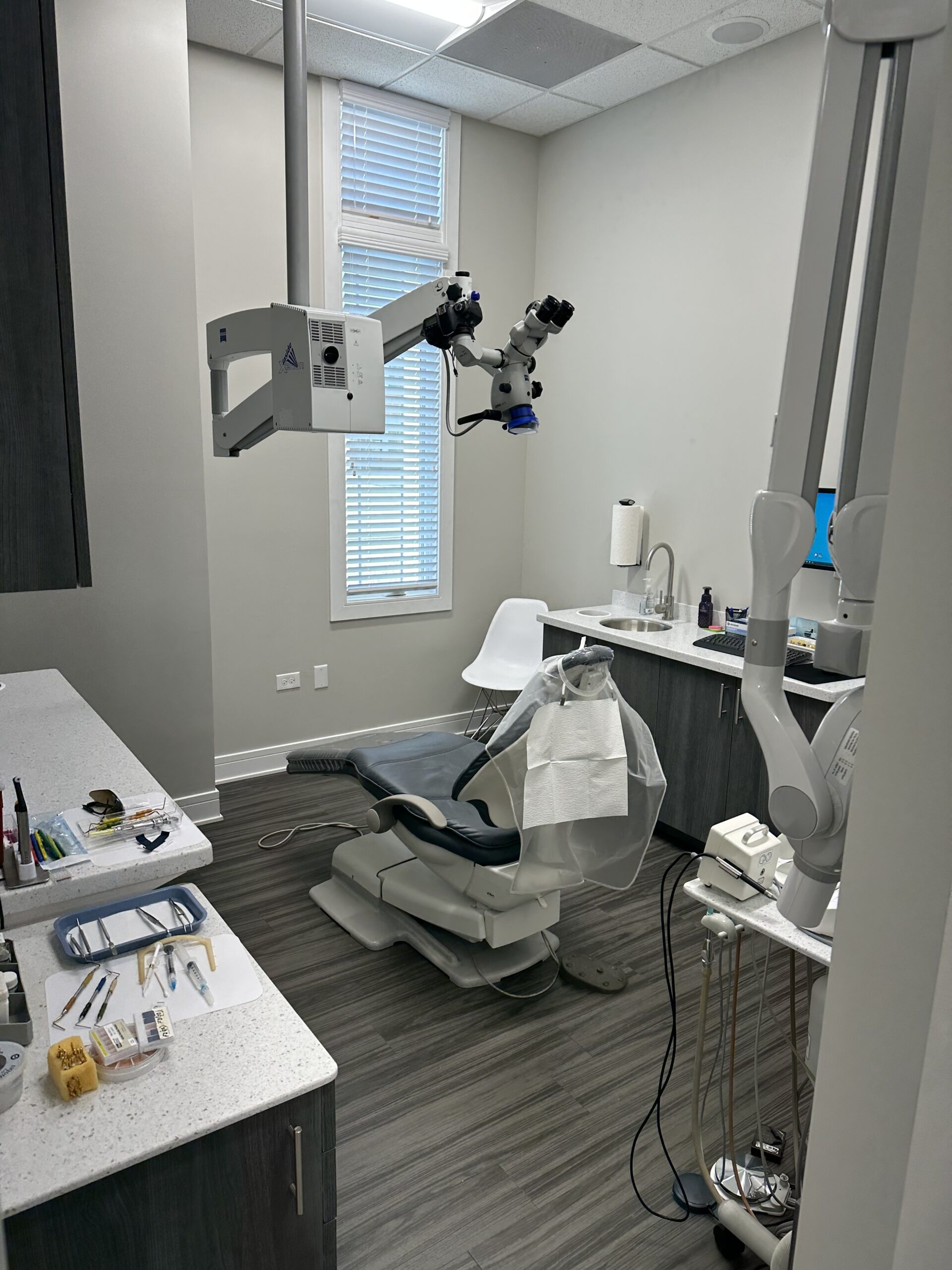What to Expect Before the Procedure
Pre-Procedure Consultations
So, you’re scheduled for an apicoectomy—what happens next? First up is your initial consultation. During this visit, we’ll chat about your dental history and what led to the decision for surgery. Your endodontist will likely take some detailed imaging to get a good look at what’s going on inside your tooth. This helps us plan the best approach for your specific case. We want you to feel informed and comfortable, so don’t hesitate to ask any questions that come to mind!
Preparation Tips
Once your appointment is set, there are a few things you can do to prepare. For starters, it’s a good idea to avoid certain medications, especially blood thinners, unless your doctor says otherwise. We recommend arranging for someone to drive you home after the procedure, as you might still be feeling a bit groggy from the anesthesia.
Also, consider stocking up on some soft foods for your recovery—think yogurt, smoothies, or mashed potatoes. It’s all about making sure you’re set up for a smooth healing process. Just remember, we’re here to help every step of the way, so if you have any concerns or questions before your appointment, don’t hesitate to reach out!
Explore the Main Benefits of an Apicoectomy
An apicoectomy might let you retain your natural tooth for a lot longer, which is one of its key advantages. This process gives the tooth a fresh lease on life by addressing any leftover concerns rather than extracting them. You may avoid dealing with the gap left by a lost tooth by taking care of your teeth and maintaining a natural bite and smile.
Keep in mind that timely treatment of infections is fundamental. Untreated infections may result in more severe issues, such as abscesses or even damage to the surrounding bone of the tooth. You can take proactive measures to avoid these risks by choosing to get an apicoectomy. Saving a single tooth is not the only goal; maintaining your general oral health and lowering the possibility of developing new dental problems that may require more involved procedures in the road are also important goals. This method promotes both your long-term oral health and your ability to maintain your tooth.
How an Apicoectomy Differs from a Root Canal
When it comes to saving a tooth, you might hear about two procedures: root canals and apicoectomies. While they both aim to tackle tooth infections, they’re quite different in how they work and when they’re used.
Let’s start with a root canal. This is usually the first step if there’s an infection in the pulp of your tooth. During the procedure, your endodontist will create an opening at the top of the tooth to access the inside. They’ll remove the infected pulp, clean everything out, and then seal it up. It’s a non-surgical procedure and often just takes one or two visits. This works well when the infection is straightforward and contained within the tooth.
Now, if a root canal doesn’t fully solve the problem—maybe the infection hangs around or the tooth has tricky root structures that are hard to reach—that’s where an apicoectomy comes in. This is a bit more involved. Your endodontist will make a small incision in your gum to get to the root tip, where they can clean out any infected tissue directly. This way, they can ensure that everything is properly treated.
When to Choose Which?
So, when do you choose one over the other? If the infection is manageable and can be treated without surgery, a root canal is usually the way to go. It’s less invasive and has a quicker recovery time.
But if the infection keeps coming back or if your tooth has complex roots that a root canal can’t reach, then an apicoectomy is the better option.
Post-Procedure Tips
After your apicoectomy, taking care of yourself is key to a smooth recovery. Here are some practical tips to help you feel your best:
You might experience some discomfort or swelling after the surgery, which is completely normal. Over-the-counter pain relievers like ibuprofen or acetaminophen can help manage any soreness.
For the first few days, it’s best to take it easy. Avoid strenuous activities, heavy lifting, or vigorous exercise until you get the green light from your endodontist. Rest is essential for healing! Also, try to steer clear of smoking or alcohol, as these can interfere with your recovery.
Of course, make sure to follow any specific aftercare instructions your endodontist gives you, and don’t skip your follow-up appointments. These are important to ensure that everything is healing properly.


